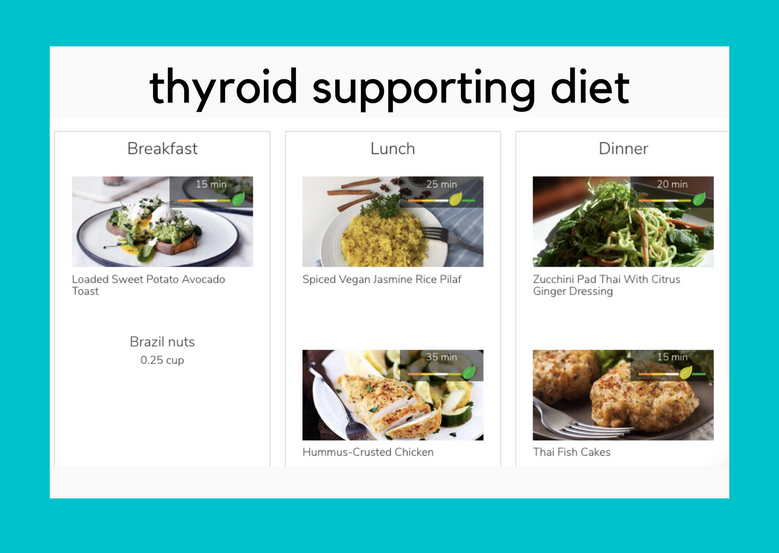In my previous post I talked about the importance of our hormones and sketched out some tips on how to clean up your house, fridge and pantry in order to regain your hormonal balance. In this post, I want to talk about a different yet very important source for hormonal imbalance.
by Natalia García, RD/N, IFNCP, CISSN, CHWC
Hormone levels are not stable, they vary throughout the day and with age. These variations are just part of natural processes and there are different approaches on how to address this such as natural hormones or meal plans. But hormones are also affected significantly by the environment. Hormonal levels respond to toxins, pollutants and medications, but also to STRESS LEVELS.
Sustained stress is a major cause of upset for your overall health: It can affect your gut which causes series digestive issues and inflammation, it increases your heart rate affecting not only the heart but also blood vessels and blood pressure, it forces your liver to produce more more glucose (blood sugar) increasing the risk for Type 2 diabetes, it makes your muscles tense up constantly causing headaches and back pain, just to mention a few!
Stress is very detrimental for health, and almost all comes down to what it does to your hormones.
Stress could be a pervasive toxin.
Stress is not bad in itself, it small amounts it can actually be good for your body as it prepares it for a quick response to a possible dangerous situations. The problem is when it becomes chronic. When you feel under pressure for a long period of time, your brain is constantly telling your adrenal glands to release the stress hormones: adrenaline and cortisol.
Your body gets flooded with these hormones that remain in your blood stream for a long time, overwhelming your muscles and organs. This imbalance wrecks havoc in your body and your mind, and can even be a factor for endocrine disorders like hyperthyroidism, diabetes and obesity. In short, when stress is left unchecked it affects your whole life and that is why stress can be considered a psychological toxin.
The worst part is 70% of people affected by hormonal imbalance don’t know that their symptoms are related to their hormone production. And most of the time the root cause of the imbalance turns out to be stress. This is why it is so important to recognise the symptoms and find the ROOT CAUSE of your imbalances.
Check out my video below to know more on how stress affects your weight

Self-care and well being.
Nutritional health always includes an element of self-care. Nutrition is not just about what you eat but how you see food in relation to your body and your goals; nutritional health is about the WHOLE person: body, mind and spirit.
These are a few ways to manage stress and improve your health:
Regular exercise
Practice meditation, mindfulness and/or yoga
Get 8 hours of daily sleep
Increase your personal time or strive to achieve a work-life balance.
Connect with family, friends and community
Get closer to nature or natural environments
Maintain a healthy diet: lean meats, healthy fats, complex carbs, repairing proteins, and fresh fruits and vegetables
This has been a stressful year (to say the least) so it is more important than ever to keep your inner balance. A healthy diet with therapeutic foods can help you to balance out your hormones and fight the effects of stress in your body and mind.
Sign up for the virtual session ‘Which foods are throwing your hormones out of whack?’ and find out more.
Natalia Garcia is a contract dietitian who can help with not only hormone imbalance, but weight loss, high blood pressure, heart disease, digestive disorders and all aspects of health and nutrition.
Contact her at 941-264-4644 or at natalia@fnwellness.com





Kommentare